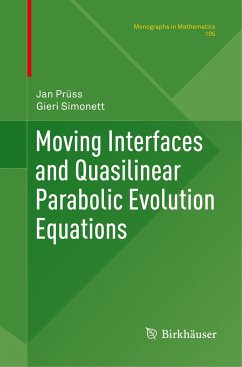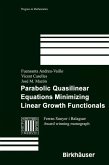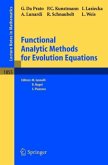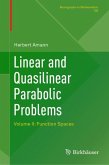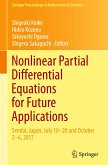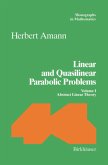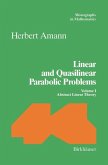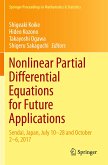In this monograph, the authors develop a comprehensive approach for the mathematical analysis of a wide array of problems involving moving interfaces. It includes an in-depth study of abstract quasilinear parabolic evolution equations, elliptic and parabolic boundary value problems, transmission problems, one- and two-phase Stokes problems, and the equations of incompressible viscous one- and two-phase fluid flows. The theory of maximal regularity, an essential element, is also fully developed. The authors present a modern approach based on powerful tools in classical analysis, functional analysis, and vector-valued harmonic analysis.
The theory is applied to problems in two-phase fluid dynamics and phase transitions, one-phase generalized Newtonian fluids, nematic liquid crystal flows, Maxwell-Stefan diffusion, and a variety of geometric evolution equations. The book also includes a discussion of the underlying physical and thermodynamic principles governing the equations offluid flows and phase transitions, and an exposition of the geometry of moving hypersurfaces.
The theory is applied to problems in two-phase fluid dynamics and phase transitions, one-phase generalized Newtonian fluids, nematic liquid crystal flows, Maxwell-Stefan diffusion, and a variety of geometric evolution equations. The book also includes a discussion of the underlying physical and thermodynamic principles governing the equations offluid flows and phase transitions, and an exposition of the geometry of moving hypersurfaces.
"This book is useful for readers at a variety of levels and stages. ... The book includes an extensive bibliography and bibliographical remarks throughout that serve to situate the book perfectly within its context. ... the work serves as an invaluable resource to the community." (Glen E. Wheeler, Mathematical Reviews, October, 2017)

